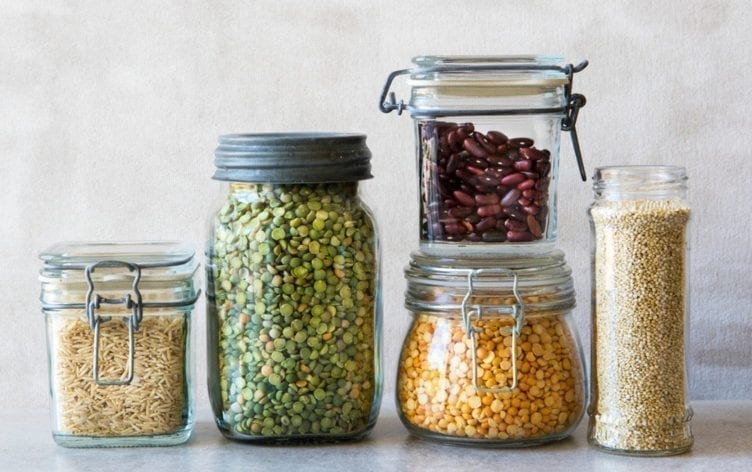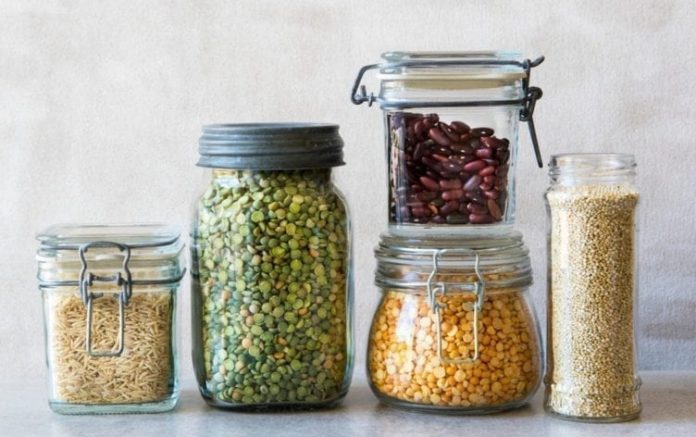
Fiber deservedly gets a lot of attention from nutritionists — “it’s important for everything from regulating digestion to controlling blood sugar and reducing cholesterol levels,” says Claire Virga, RD. “It also feeds the healthy bacteria in our guts, promoting a healthy microbiome.”
Moreover, fiber is helpful if you’re trying to lose weight. “Fiber is digested slowly, especially compared to simple carbohydrates like sugar and processed grains,” Virga explains. “Because of that, high-fiber foods can reduce appetite and promote lasting satiety, aiding weight loss.”
While fiber is naturally found in foods like fruits, vegetables, legumes, whole grains, nuts and seeds, fiber supplements are popular among people with weight-loss goals. However, nutrition pros argue they aren’t as good as the real deal.
THE CASE AGAINST FIBER SUPPLEMENTS
“Fiber supplements don’t hold a candle to the real deal,” says Rachel Fine, RD. That’s because minimally processed plant-based foods are high in naturally-occuring fibers, while supplements and fiber-added foods contain processed fibers. “This is important because the research behind processed fibers remains limited and questionable, especially in the realm of weight management,” says Fine. While research shows fiber helps with weight loss, it doesn’t necessarily show that processed fiber helps with weight loss.
WHY NATURALLY OCCURRING FIBER DRIVES WEIGHT LOSS BEST
Foods containing naturally occurring fiber are the ones you want to focus on during weight loss. “Fiber is found in foods that are packed with other important nutrients like vitamins, minerals and phytochemicals, which have so many amazing benefits for our bodies,” says Virga. “Centering your diet around these healthy foods is a practical and effective way to lose weight and promote overall health.”
THE EXCEPTION TO THE RULE
“When it is not possible to get enough fiber through diet alone, a fiber supplement may be useful,” says Jenna Appel, RD. “Just be mindful that some fiber supplements can cause gastrointestinal discomfort.” For this reason, experts recommend increasing your fiber intake gradually rather than all at once and consulting your doctor or a nutritionist who can help determine what will work best for you.
3 WAYS TO EAT MORE FIBER
1. Track your intake. “If weight loss is your goal, aim to get enough fiber daily — 25 grams for women and 38 grams for men — through minimally-processed plant-based foods,” recommends Virga. You can keep track by logging your food with an app like MyFitnessPal.
2. Spread fiber out throughout the day. Try to have a small-to-moderate amount of fiber at every meal or snack. “This promotes lasting energy, stable blood sugar levels and satiety throughout the day,” says Virga.
3. If you use a supplement, choose the right kind. For some people with dietary restrictions or other limitations, it may not be possible to get all the fiber needed from whole foods. Appel’s advice: “When looking for a fiber supplement, be sure it does not have any artificial colors, flavors and added sugars.”










